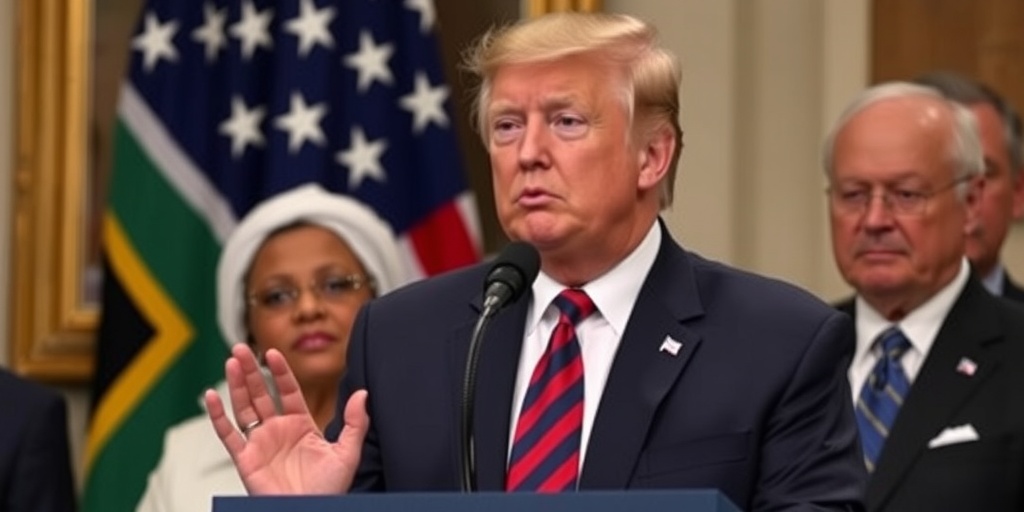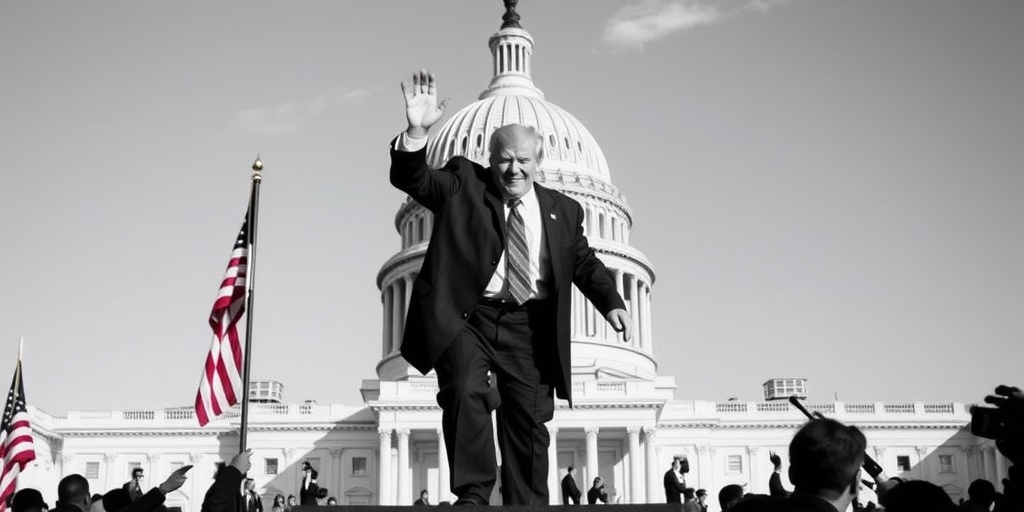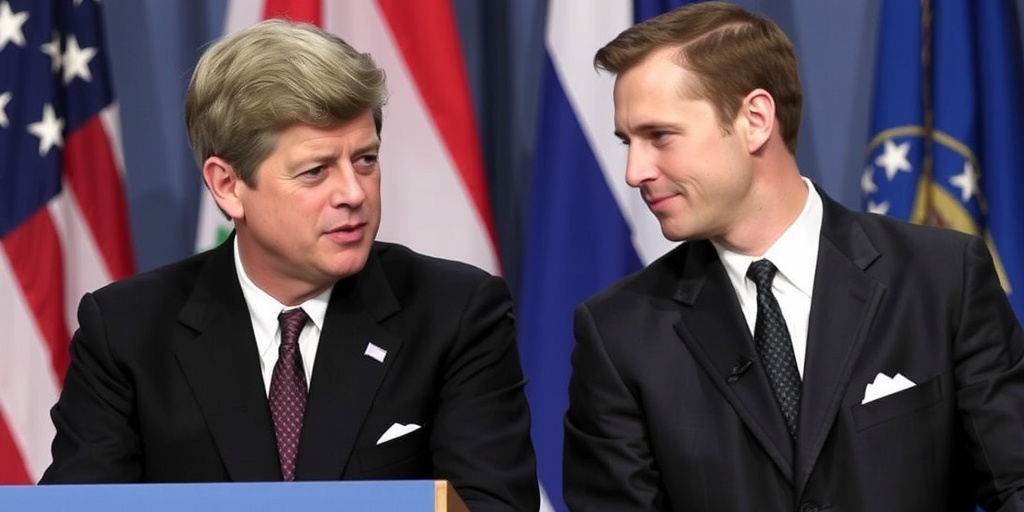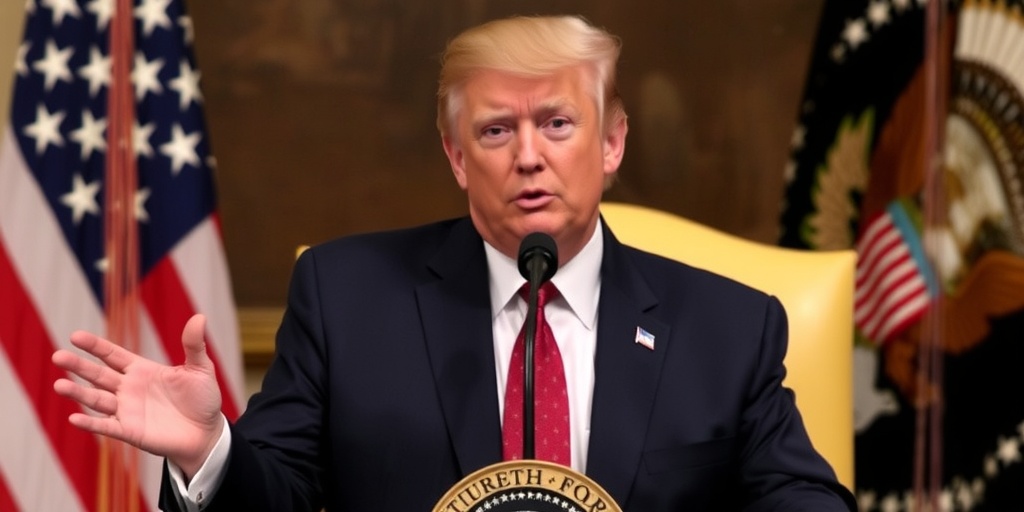Now Reading: Trump Offers Refugee Status to White Afrikaners in ‘Mission South Africa’
-
01
Trump Offers Refugee Status to White Afrikaners in ‘Mission South Africa’
Trump Offers Refugee Status to White Afrikaners in ‘Mission South Africa’

Title: Trump Administration’s "Mission South Africa": A Controversial Refugee Program for White Afrikaners
Shortly after taking office, President Donald Trump made significant changes to U.S. immigration policy, particularly regarding refugee admissions. His administration curtailed many refugee resettlement programs and drastically reduced funding, presenting formidable barriers for individuals seeking asylum from numerous countries worldwide. However, an exception to this trend emerged in the form of a program aimed specifically at white Afrikaners from South Africa, dubbed "Mission South Africa."
Documents obtained by The New York Times revealed that the Trump administration actively facilitated the resettlement of white Afrikaners who claim to be victims of persecution in their home country. This initiative stands in stark contrast to the administration’s broader policies, which have effectively barred entry to many refugees from countries like Afghanistan, the Democratic Republic of Congo, and Syria. The U.S. has reportedly set up makeshift refugee processing centers in Pretoria, South Africa, where officials are evaluating over 8,200 applications from Afrikaners interested in relocating to the United States.
Under the initial phase of this initiative, more than 100 potential candidates have already been identified for refugee status, with officials instructed to pay particular attention to screening white Afrikaner farmers. Security measures include providing escorted support for officials conducting interviews with prospective refugees, highlighting the urgency and focus placed on this demographic.
By mid-April, U.S. officials are expected to propose long-term strategies for ensuring the effective resettlement of eligible Afrikaners, according to internal memos shared between the embassy in Pretoria and the State Department in Washington. In contrast, the Trump administration has severely limited refugee entry for individuals from other regions who had been pre-approved prior to his presidency. Legal arguments presented in court filings assert that the core functions of the refugee program were “terminated” following Trump’s executive orders, thereby justifying the halt in admissions for other refugees.
Opposition to the program has been vocal, with immigration analysts and advocates criticizing what they perceive as blatant racial bias in U.S. immigration policies. Vanessa Cárdenas, executive director of America’s Voice, stated that the administration’s selective support for white Afrikaners sends a troubling message while concurrently painting Black and Brown refugees as threats despite their thorough vetting processes.
The initiative also has implications for ongoing debates in South Africa, where some factions within the white Afrikaner community argue that they are victims of discrimination in a post-apartheid society. Historical context is crucial; under apartheid, a white minority government systematically repressed the rights of non-white populations, generating a legacy of violence and inequality.
While there have been reported incidents of violence against white farmers—a key concern for some Afrikaner groups—data indicates that they are not disproportionately affected by violent crime compared to other demographics within South Africa’s diverse populace, which is predominantly made up of individuals from racial groups formerly oppressed by apartheid laws.
The U.S. State Department maintains that its focus is on aiding Afrikaners who have suffered from “unjust racial discrimination.” They confirmed that applicants would undergo rigorous background and security checks, a process that refugee advocates argue could be uniformly applied to all refugee cases.
Criticism of the program extends to concerns over resource allocation within the U.S. refugee system. Melissa Keaney, a senior attorney with the International Refugee Assistance Project, emphasized that the government has proven its capacity to process applications when it deems necessary, calling into question the legitimacy of the resources argument presented by the administration.
Trump’s administration had ostensibly justified its focus on Afrikaners by asserting that their plight should be highlighted, which has fed into conspiracy theories regarding land confiscation and violence against white farmers in South Africa. This characterization overlooks documented realities that show half of South Africa’s land is owned by white individuals, despite them constituting only 7% of the population.
Ernst Roets, a representative of the Afrikaner Foundation, noted that while some Afrikaners appreciate this newfound attention, many prefer to remain in their homeland and advocate for their political rights and self-determination instead of relocating to America. Amidst these conversations, testimonies from displaced individuals such as Zumbe Baruti—a Congolese refugee living in South Carolina—highlight the stark disparities within U.S. policy, eliciting feelings of discrimination against Black Africans seeking asylum.
Baruti, who spent years in refugee camps while awaiting entry into the United States, expressed frustration at the ongoing prioritization of white Afrikaners over other groups, revealing that hope for his family still trapped in a refugee camp in Tanzania has nearly vanished.
As the Trump administration continues to prioritize its policies, the implications of this controversial refugee program and its potential effects on America’s longstanding tradition of offering asylum to the vulnerable remain significant; echoing broader discussions around race, equality, and human rights within America’s immigration landscape.
Stay Informed With the Latest & Most Important News
Previous Post
Next Post
-
 01New technology breakthrough has everyone talking right now
01New technology breakthrough has everyone talking right now -
 02Unbelievable life hack everyone needs to try today
02Unbelievable life hack everyone needs to try today -
 03Fascinating discovery found buried deep beneath the ocean
03Fascinating discovery found buried deep beneath the ocean -
 04Man invents genius device that solves everyday problems
04Man invents genius device that solves everyday problems -
 05Shocking discovery that changes what we know forever
05Shocking discovery that changes what we know forever -
 06Internet goes wild over celebrity’s unexpected fashion choice
06Internet goes wild over celebrity’s unexpected fashion choice -
 07Rare animal sighting stuns scientists and wildlife lovers
07Rare animal sighting stuns scientists and wildlife lovers





















